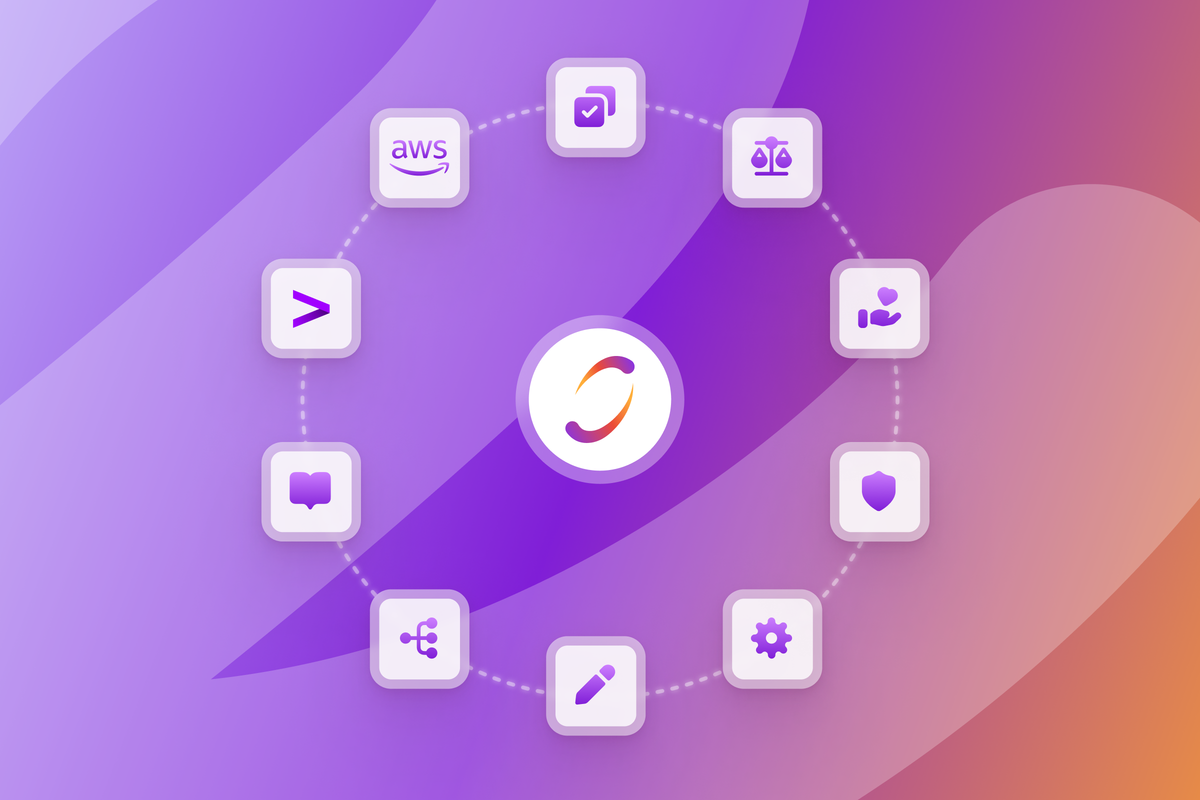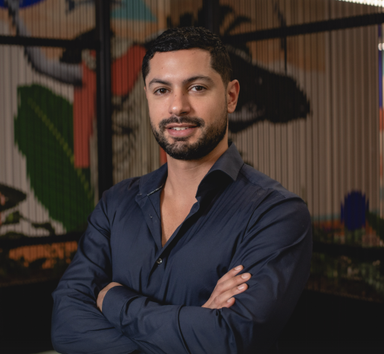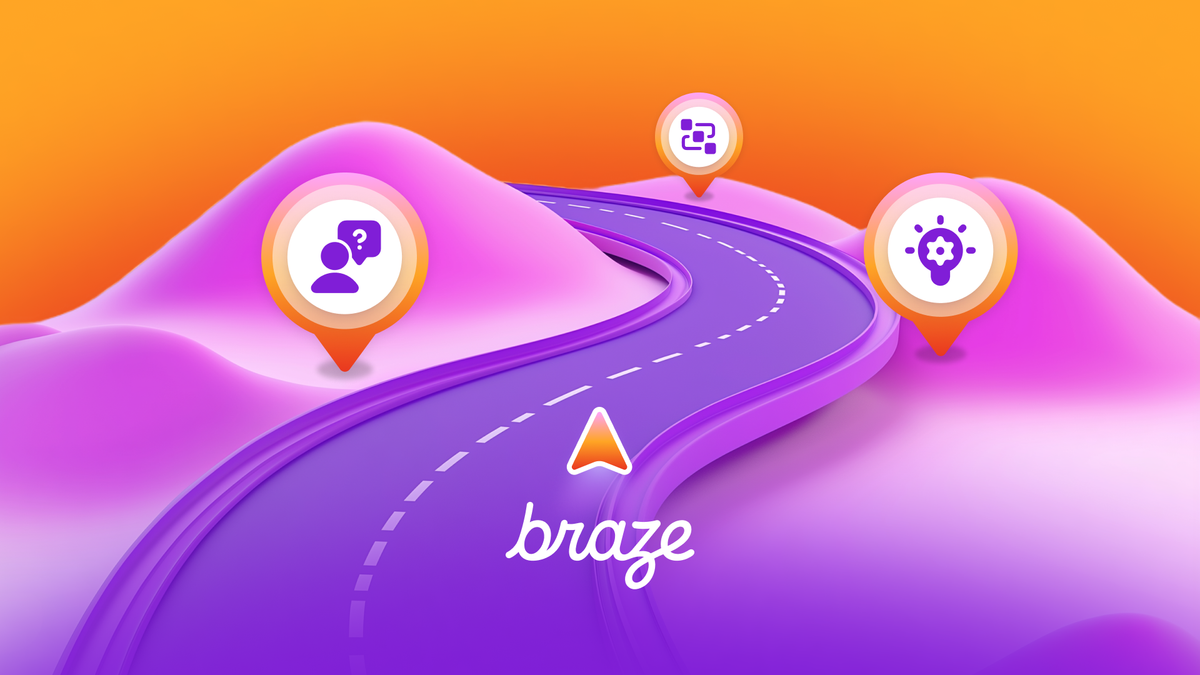What Sustainability Minded QSR Brands Need to Know to Build Trust With Gen Z
Published on August 21, 2024/Last edited on August 21, 2024/6 min read


Melia Fillipow
Summer 2024 Braze Customer Success InternRecessions, COVID-19, and climate disasters—oh my! Gen Z consumers grew up during an era of environmental and financial crises, which has made them scrutinizing, well-researched, and socially-responsible consumers. Faced with news of impending climate disaster, some of us have been sent into a frenzy while others have adopted an action-based mindset to change the status quo. We are a generation of conscious, inquisitive, and demanding consumers who are willing to pay a premium for brands that do good—according to the Deloitte 2024 Gen Z and Millennial Survey, Gen Z actively researches the environmental practices of companies they purchase from and is willing to pay more for sustainable products.
However, growing up as new terms like greenwashing and fake news were introduced, we want brands that are not only committed to making the world a better place, but are committed to honesty. In a 2021 survey, 88% of US Gen Zers said they don’t trust brands’ environmental, social, and governance (ESG) claims. This means building trust is paramount in order to win over this population of customers.
While many companies make false claims about sustainability, I believe that others are making meaningful strides to reduce their carbon footprint. This competitive vertical is poised to make real change, and with Gen Z contributing a significant amount of dollars to the QSR industry, this segment of users can lead the charge in determining who can sustain themselves in this competitive vertical.
So, what does trust truly look like? Well, it is built over time and it is built with real data. To personalize user journeys, brands need to listen and respond to their customers’ wants and needs. In the world of sustainability, it’s also important to use science that lets people see their actions having tangible results. With the food we order, eat, and throw away already being an intimate experience, the QSR industry has more touchpoints than most that can make customers feel good about the food they eat from the bite to the bin. Already, QSR lags 6% behind other industries in using first-party data shared directly by customers as found in the Braze 2024 Global Customer Engagement Review. However, with the right tools (like Braze), companies can build out personalized user journeys, create feedback loops, and incorporate real-time data to make their sustainability initiatives shine, remain relevant to these customers, and increase conversions.
Let's walk through some campaigns that harness the power of Braze to build out a user journey that allows the work QSR companies are already doing to shine.
Sustainable Packaging: Where Does My Wrapper Go Campaign?
Spending money on sustainable packaging can be a big investment for your business. Make sure your customers are able to engage with your initiatives while reminding them of the work you’re doing. By tracking custom events, you can personalize your campaign based on each users’ order and its associated packaging. This campaign has both push and pull as users can interact with your initiative and you can engage them based on their actions and behaviors. Pro tip: Use campaign start and end times to make this campaign part of a larger Earth Week strategy.
Channel
Features
- Custom event: Custom events track actions taken by or updates about your users within your application. Logging a custom event can activate various follow-up interactions and messaging and further allow segmentation filters based on the recency and frequency of that event. Here, use a specific event property (like last item ordered or item favorite) to determine what message customers receive.
- Action-based triggers with delays: Send the message at the right time! We want to deliver this message when the user is about to be finished with their food.
- AI Image Generator: Easily create custom images to enhance and personalize the message.


Sustainable Sourcing: Reengagement Canvas
Use Canvas to build out an engaging cross channel approach that allows customers to see sourcing specificities for ingredients in their most recents order. By specifying audience entry requirements with custom events and utilizing Winning Paths, you can tailor the best message to the right customers. This Canvas will only be sent to customers who have clicked on the mission page of Sandwich Emperor, as these customers are more likely to be receptive to your messaging. Additionally, by using Winning Paths, you can test different messages and optimize based on which ones resonate best. Since many green labels can trigger knee-jerk reactions, Braze helps you find the right words to effectively reach your audience.
Channels
- In-browser message
Features
- Target audience: Streamline Canvas segmentation by creating a target audience. This target audience segments users who are eligible via defined criteria to enter your journey. Here, only customers who have clicked on the mission page of your business will be sent down this journey.
- Audience Paths: With Canvas Audience Paths, intuitively filter and segment customers on a large scale with strategic priority-based user-groupings. Here the user's order history is used to further segment and personalize messaging.
- Winning Paths: Automate your A/B testing with Winning Paths. Once a conversion event is defined, in this case, email clicks, all customers will be sent down the path with the highest conversion during a set experiment window.
- Action Paths: Keep your customers engaged by personalizing the customer journey in real-time with Action Paths. With Canvas Action Paths, marketers can create, define, and trigger user experiences based on the actions customers take during an assigned time period.
- Audience Sync: Use Audience Sync to retarget users with ads who are less responsive to the other marketing channels, building on your cross-channel messaging strategy.

Finding the Initiatives that Make Customers Tick: Sustainability IAM Survey campaign
To truly make a user feel valued, simply ask for their input—and then act on it. When consumers sense that their favorite brands are listening, it fosters genuine loyalty and trust. Segmenting your messaging strategy based on a user's demonstrated interest in sustainability is just the beginning. By storing their preferences as a custom attribute, you can deliver content that resonates most with them. The simple survey IAM is an effective tool for gaining deeper insights from zero-party customer data. These targeted campaigns not only enhance your cross-messaging strategy, but can also achieve an increase in conversions compared to more generic approaches.
Channel
- Simple survey in-app message: Use the simple survey in-app message template to collect user attributes, insights, and preferences to better segment and personalize your messaging. By collecting zero-party data, you can further personalize messages based on what you know customers want to see.
Features
Custom attributes: Custom attributes are a collection of your customers’ unique traits and actions stored within your application. Here, custom attributes function to store information about a user's notification preferences.


Key Takeaway
Quick service restaurant brands are making significant strides in sustainability, from eco-friendly packaging to responsible sourcing. With the right messaging, they are uniquely positioned to build brand loyalty among socially conscious and well-informed Gen Z consumers. By leveraging Braze to create personalized and data-driven user journeys, QSRs can make their sustainability efforts both quantifiable and personal. This transparency not only builds trust but also drives conversions, turning conscientious consumers into loyal customers.
Related Tags
Releated Content
View the Blog
Next-Gen Engagement: AI-Powered Shift in Customer Experiences

Ido Bar

Scaling New Heights: How Braze Uses Kubernetes to More Efficiently Handle Dynamic Workloads

Saba Jamalian
